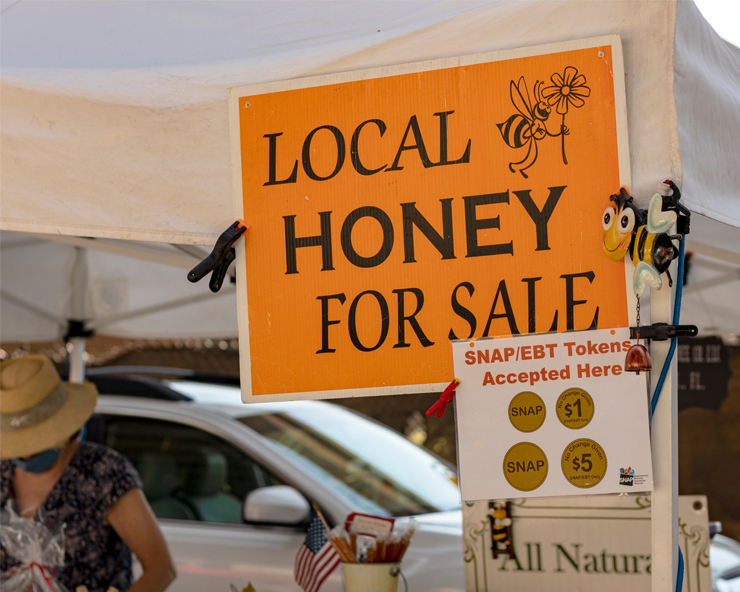One of the greatest challenges for producers can be marketing and promoting their products. It might be difficult to differentiate your products from similar ones and find your consumer base. Unlike large brands, you have a limited budget, fewer distribution channels, and a smaller workforce. Using unique strategies, organic and alternative farmers can build strong customer relationships, create a dedicated following, and maximize profitability. Marketing products from organic and alternative farms requires creativity and a willingness to develop strong local relationships.
Brand identity
Building a brand is essential to any business but can be especially important for organic and alternative farmers. Developing a mission statement, farm name, and logo creates a unique identity that leads to recognition. The mission statement includes elements about your farm’s mission, values, and the story behind your farm and products. It highlights what makes your farm unique, whether that includes regenerative practices, heirloom breeds, or an emphasis on animal welfare.
Digital marketing and media
As social media has continued to gain traction, especially with younger consumers, building an online presence can help reach more within your community. Having an easily accessible and carefully created website can allow consumers to quickly find information about your products, background, and how you engage within your community. Many farmers have also found success using social media platforms like Instagram, Facebook, and TikTok to showcase their farms and products. Some unique ideas to create content about your products are:
- Behind-the-scenes about farm life
- Customer testimonials
- Cooking videos and recipes
- Sustainability efforts
- Newsletters
Sales channels
Once you identify your customer base, you locate distribution channels to reach and build your customer base. In the past five years, direct-to-consumer sales have rapidly increased as consumers have taken a greater interest in knowing where their food comes from and how it was raised. Options like selling through farm stands, farmers’ markets, and Community Supported Agriculture (CSA) subscriptions allow farmers to reach consumers directly and can help build connections within the local community. Other ways to reach consumers include partnering with local businesses like grocery stores, restaurants, and other shops to market your products. Local businesses may be willing to keep a stand in their store to promote your items, and local restaurants may be open to partnerships if they are interested in sourcing locally grown and produced foods.
Engaging the community using education
Investing in your local community is the best way to build partnerships and relationships. Working with local schools and agricultural programs to educate students about locally grown food can provide a base to develop relationships with local families. Hosting farm tours and workshops can bring consumers onto your farm to learn about your products and the way you grow your products. Additional experiences like agritourism and farm-to-table dinners can uniquely display your food products while engaging consumers in educational experiences.
Other unique ways to engage consumers include:
- Subscription boxes
- Local events and food festivals
- Breakfast on the farm
- Tasting events
Marketing and promotion for organic and alternative farms require a strategic plan to build relationships with consumers and your community. Utilizing tools like social media, community events, and unique experiences can assist you with developing a sustainable business while investing in your local community.

